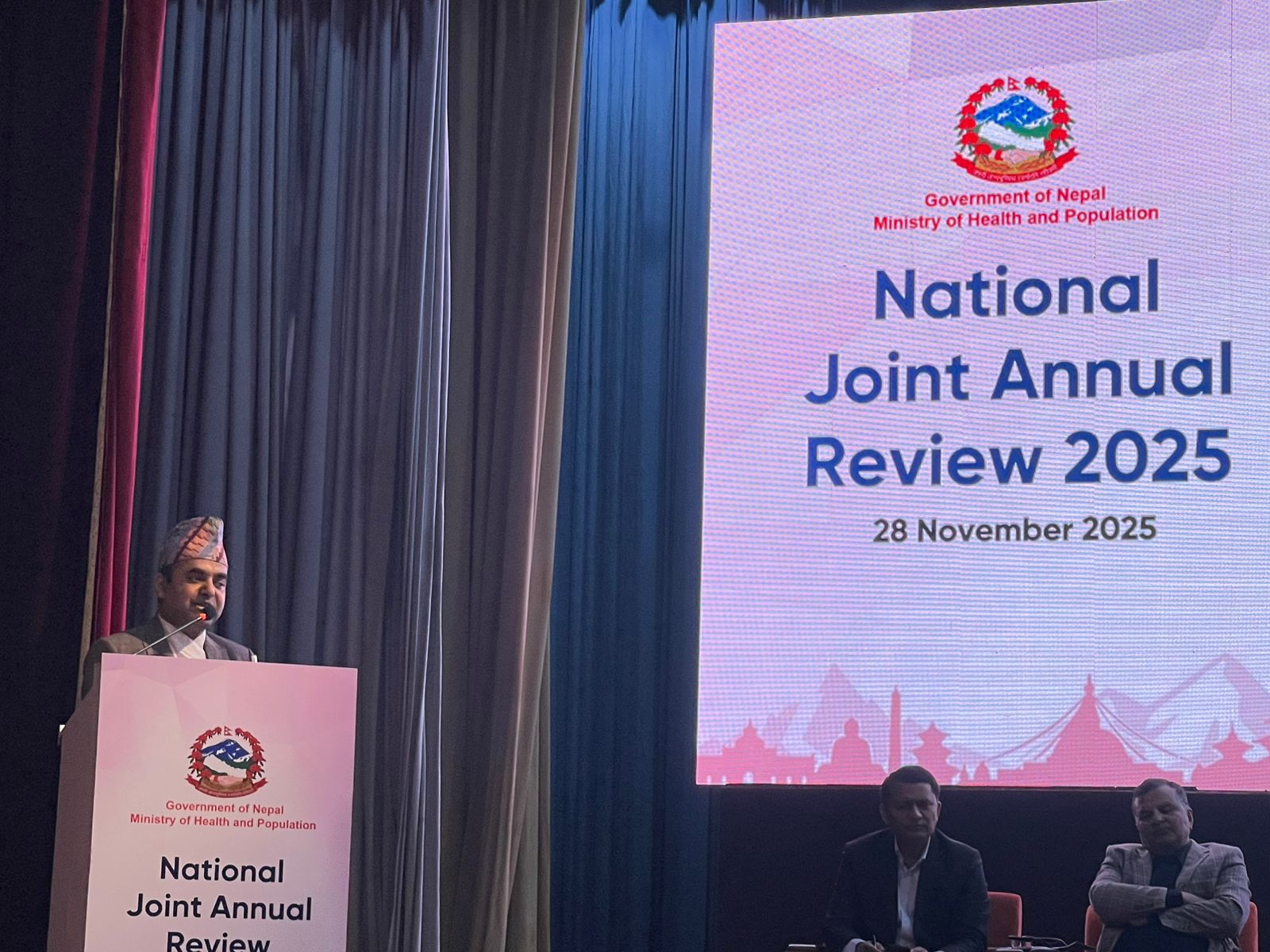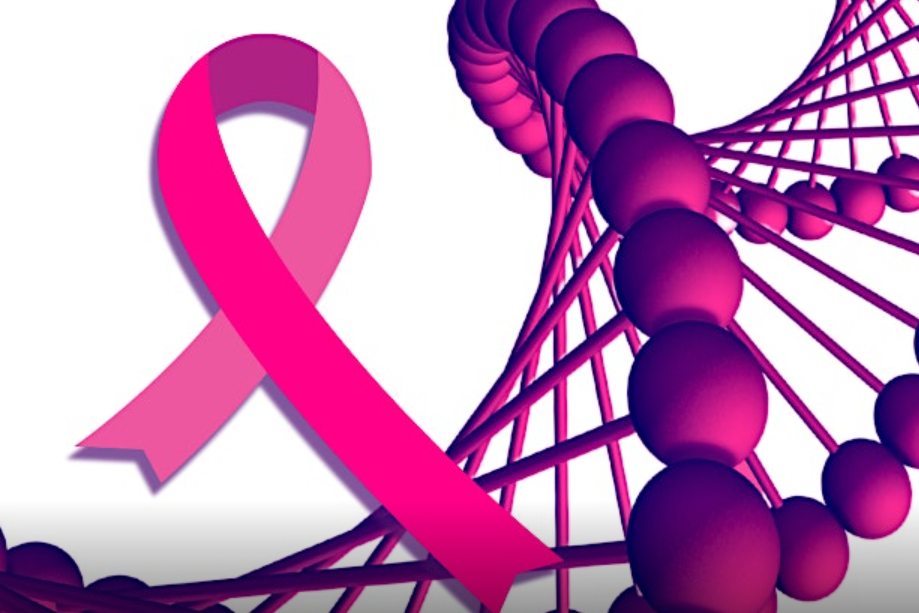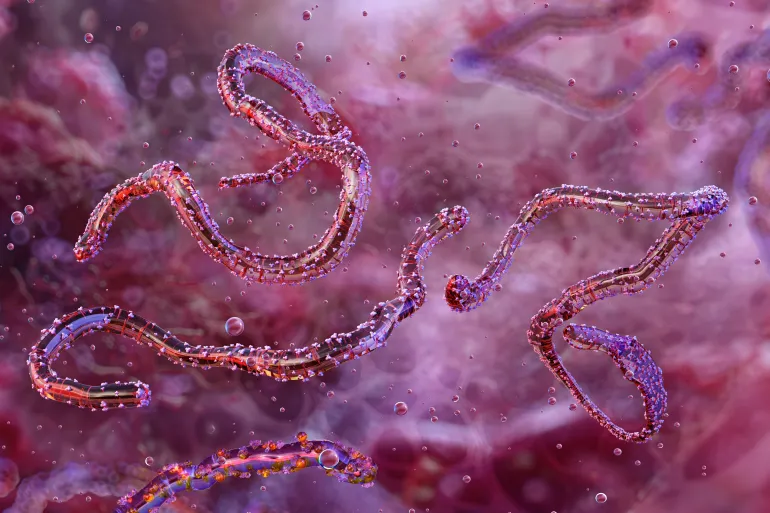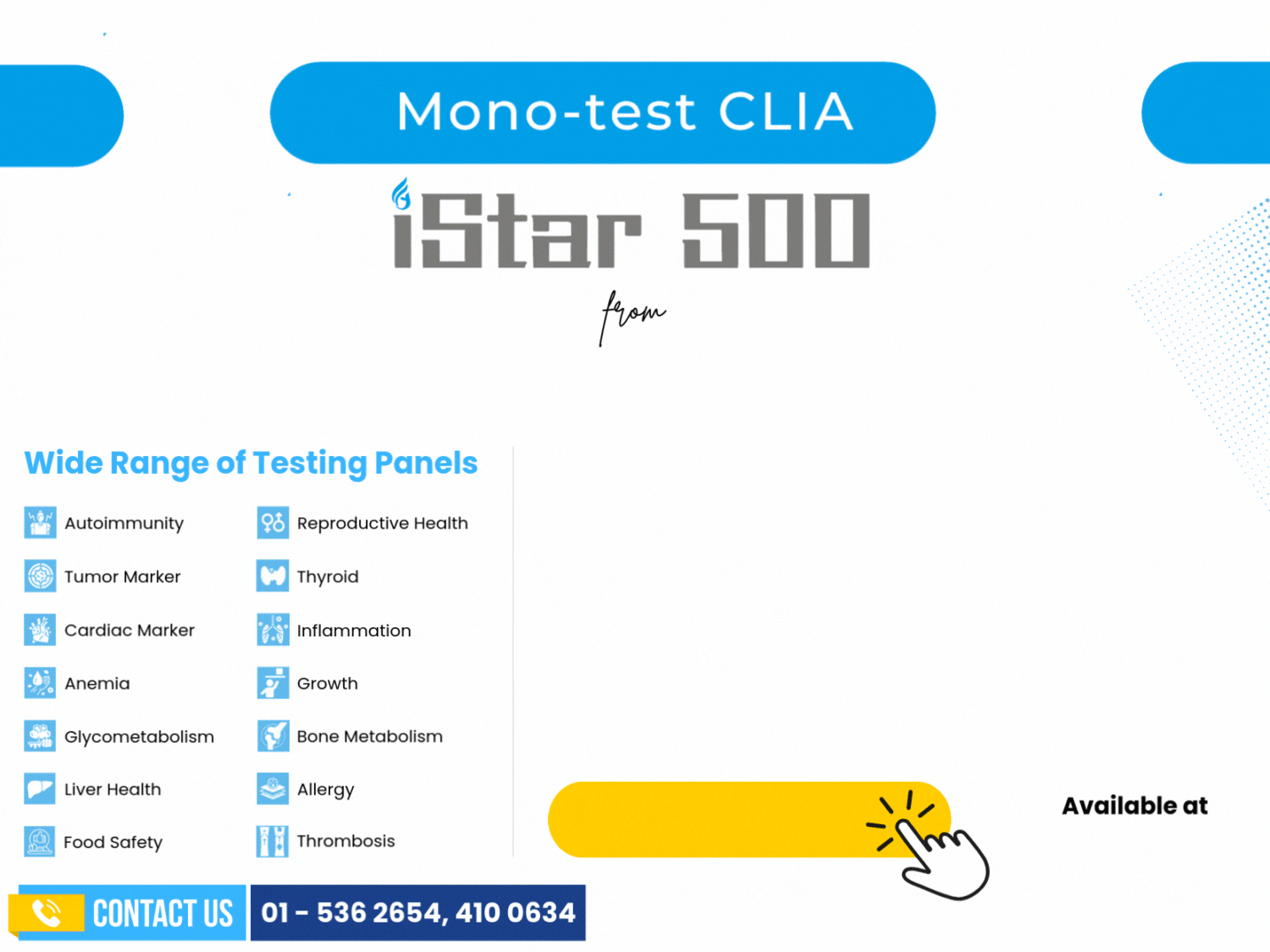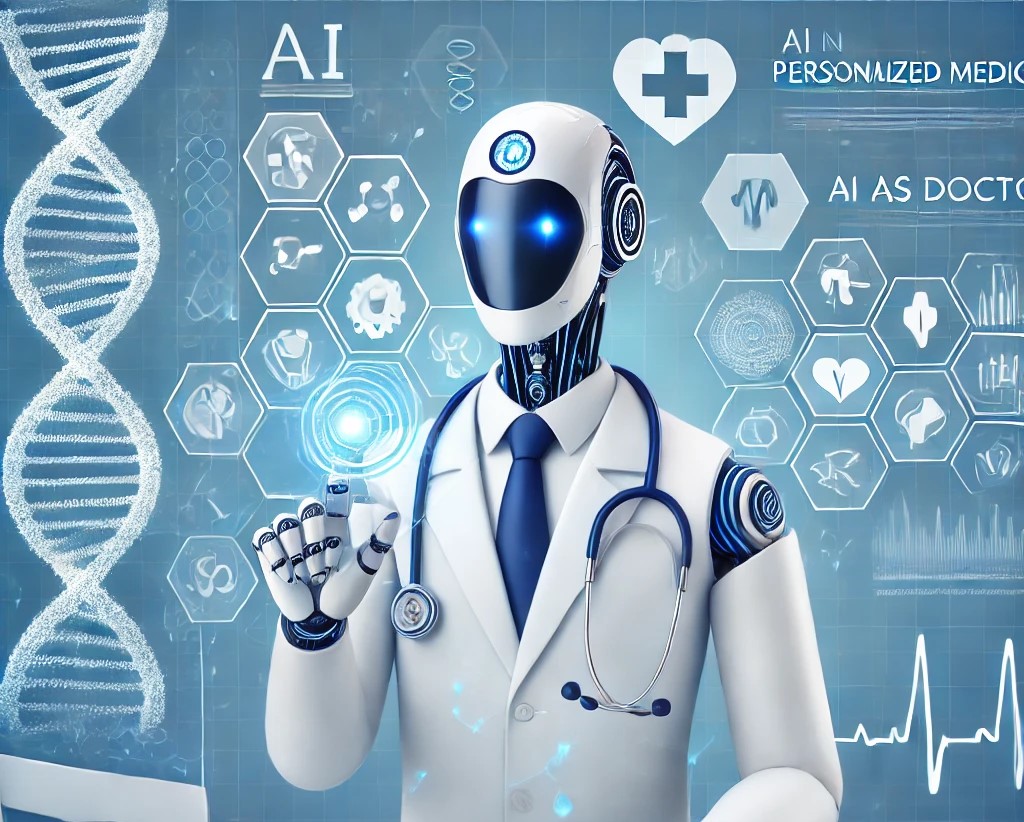
Ever since I was asked to make a decision about what career path I wanted to take, there have been a multitude of options. Still, I realized that somewhere deep inside, I felt like I had always wanted to be a doctor, perhaps because everyone in my family is one. Nevertheless, I imagined myself wearing a white coat, a stethoscope around my neck, checking charts of patients, and requesting nurses to do tests or give specific doses of drugs, and making a difference in someone’s life made me grow a liking for the possibility of becoming a doctor. I want to become a doctor, not just to treat illnesses, but to serve with compassion, listen to people’s stories, and be there on someone’s hardest days.
Many people associate becoming a doctor with having to wear those comfortable green scrubs and stand for hours using instruments to cut up people; at least this is what Grey’s Anatomy episodes made it seem like. However, this was just a minute part of being a doctor.
However, lately, I find myself asking a question I never thought I would have to: Will my dream be taken over by artificial intelligence (AI)?
With headlines endlessly describing the newest AI technologies and how the need for employees is decreasing due to these discoveries. Bill Gates claims “artificial intelligence will reduce the need for human experts in fields such as tutoring and expert medical advice by making these services more available.”
Recent news describes AI as diagnosing diseases faster than doctors, robots assisting in surgeries, and chatbots offering mental health support; the future feels both exciting and unsettling. I wonder: Will there still be a role for human doctors 10 or 20 years from now?
What the Numbers Say
A recent McKinsey report estimates that the demand for high-skilled workers, especially in healthcare and STEM-related occupations, will increase, while the demand for employees in physical workspaces will decline due to AI and automation. With AI tools constantly evolving, it is predicted that work activities will be automated to reduce 70% of an employee’s time doing that particular activity. This means that almost 12 million workers in Europe and the USA will need to change jobs. While low-wage unskilled workers will need to start upskilling to ensure they are able to earn a living in the new and developing world of AI and automation.
AI could affect over 50% of the tasks currently performed by doctors by 2030, especially in diagnostics, imaging, and administrative work. In the UK, the NHS has already started deploying AI tools in breast cancer screening, which increased detection rates by nearly 13% in pilot studies. Moreover, in the U.S., studies have shown that AI algorithms can detect diabetic retinopathy, which is an eye condition that can cause blindness in people with diabetes, by almost 90% accuracy, outcompeting trained ophthalmologists.
AI is here to stay. So what does that mean for someone like me?
Not Replacing, but Reimagining
I am not here to criticize or slander AI, but instead of giving in to fear of losing my dream of becoming a doctor to a robot, I have started preparing, not just for entrance exams and interviews, but also for a new kind of medicine, and here are some of my ideas.
1. Focusing on What AI Can’t Replace: AI can analyze data, but it can’t comfort a grieving family or detect hesitation in a patient’s voice. Studies from Harvard Medical School suggest that over 70% of patient satisfaction comes from empathy and communication, not just technical accuracy. This is why robots cannot replace us, and working on listening, empathy, and emotional intelligence skills will always matter in medicine. As humans, our personalities and thought processes are the fruit of our experiences, which is why we can connect with other people, and in this case, a doctor will always have a deep connection with their patients, which is irreplaceable and something that AI definitely cannot offer.
2. Learning to Work With AI, Not Against It: I’ve started reading about how AI is used in surgery, pathology, and even psychiatry. But instead of standing against AI, we can use it to our advantage and create doctors who understand technology, use it wisely, and never forget the human behind the illness. As Bill Gates also said, “Human touch may be required in certain areas of healthcare and education.” No amount of coding and manipulation of a robot can replace the vagaries and complexities of the human mind.
3. Thinking Beyond Textbooks:
As I explore public health, ethics, and how health systems work, it seems like the future of doctors won’t just be treating disease but will have to work alongside AI to understand inequality, mental health, and global pandemics.
Youth Must Have a Voice
We, the next generation, should be part of this conversation. Especially as we have grown alongside AI. We’re not just future patients, but we’re future healers, researchers, and decision-makers.
Yes, AI is changing medicine. But it’s not replacing the heart of it; it simply cannot. Human connection, compassion, and judgment at the end of the day are what shape business deals, doctor-patient relationships, the topic of MUN (Model United Nations) debates, and even everyday conversations we have with our close ones. What makes us better than AI is that we are human, and as Will Rogers once said, “It’s great to be great, but it’s greater to be human.” No algorithm can replicate these things. That’s the kind of doctor I still dream of becoming, and no algorithm can take that away.
Kashvi Shree Thapa is a 16-year-old student who aspires to become a doctor.
Kashvi Shree Thapa
Published: August 4, 2025



